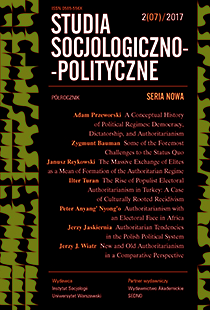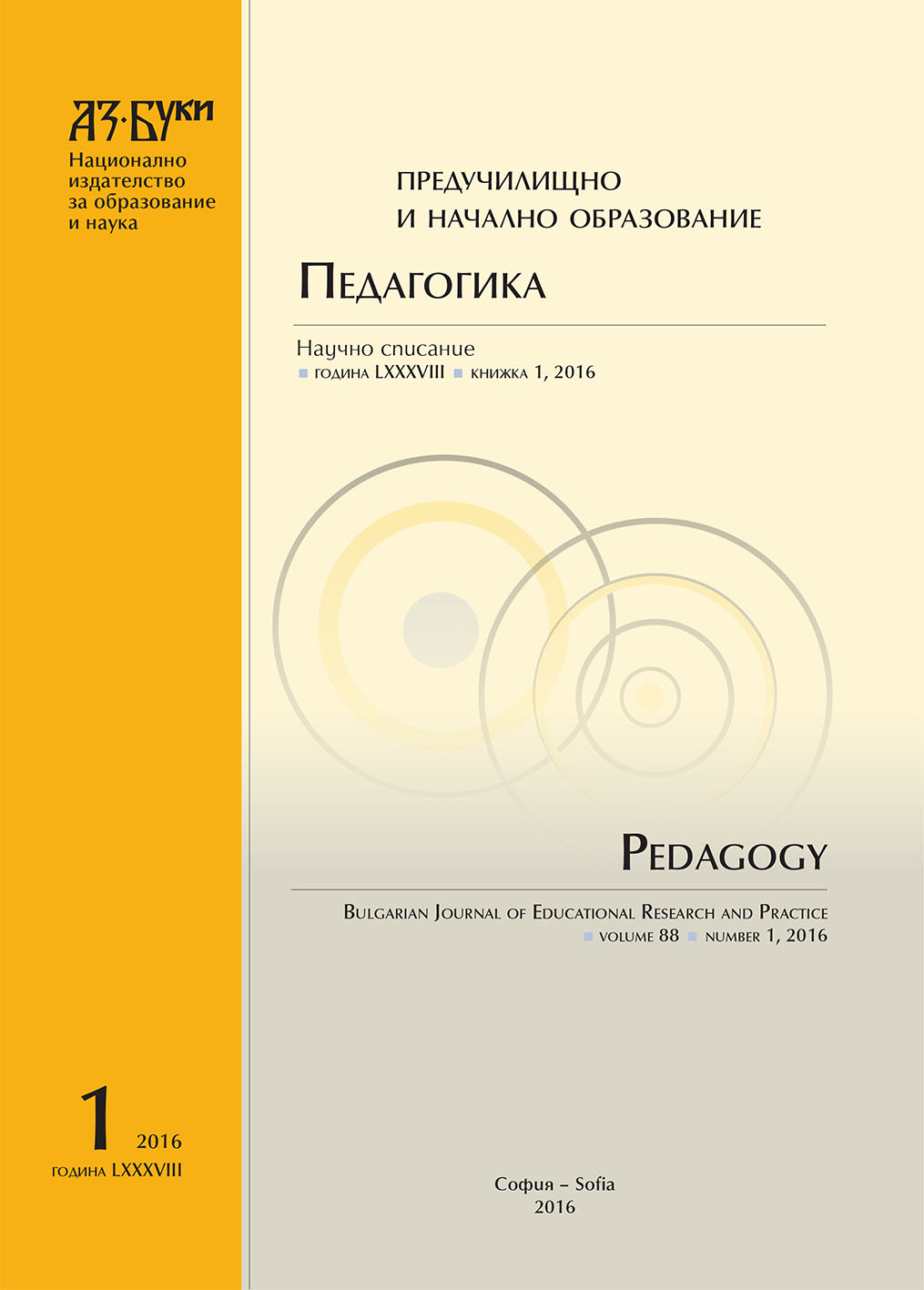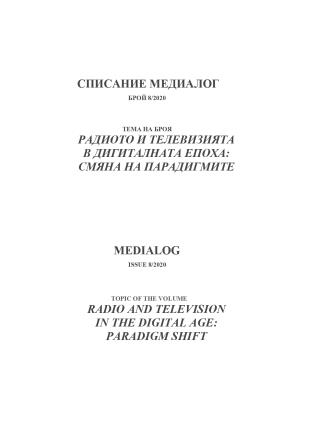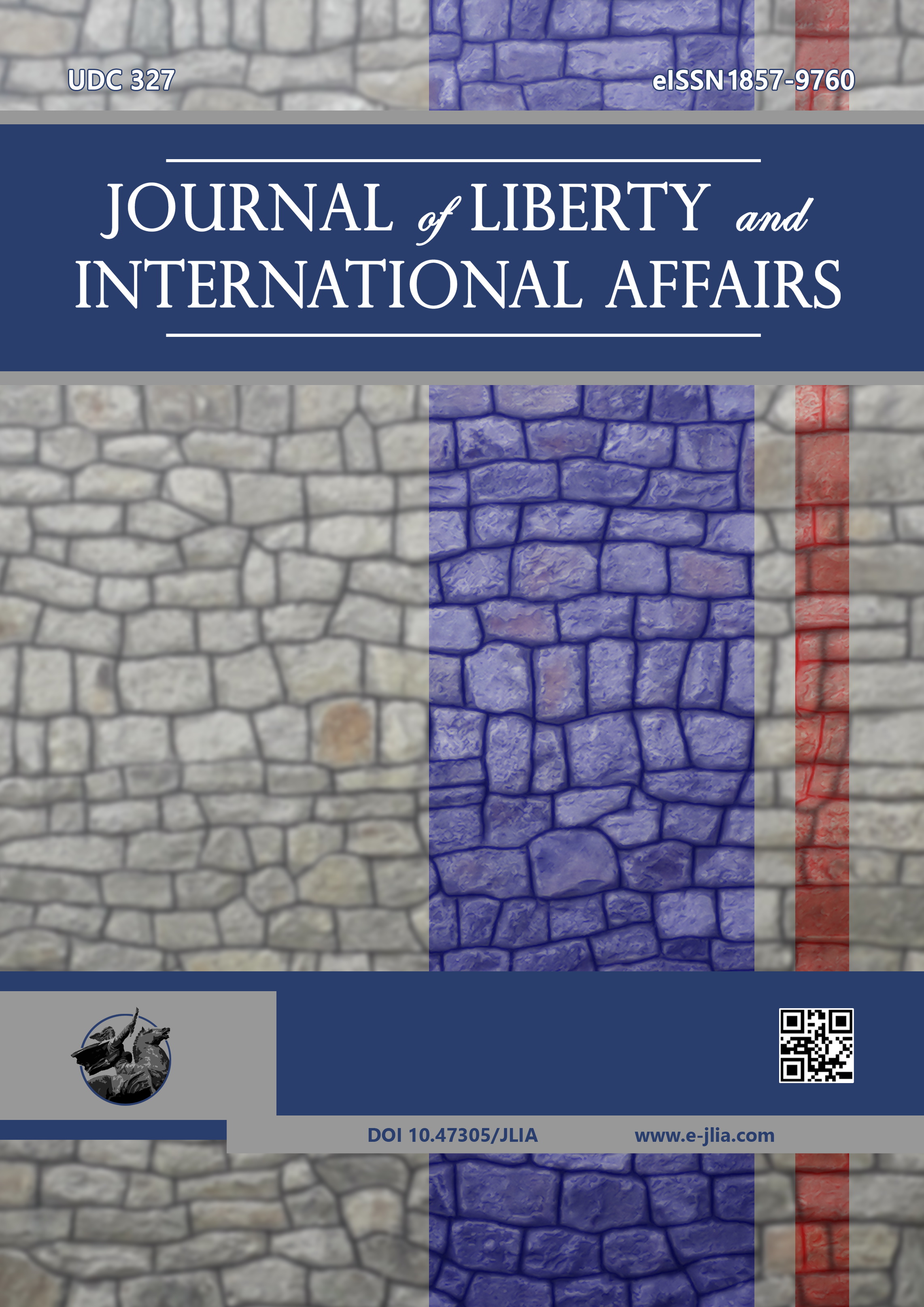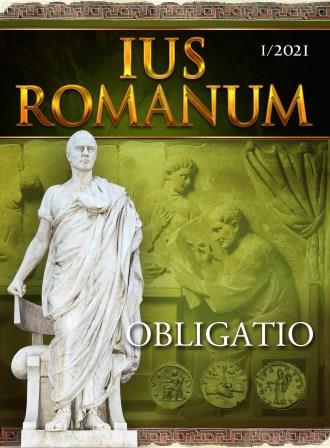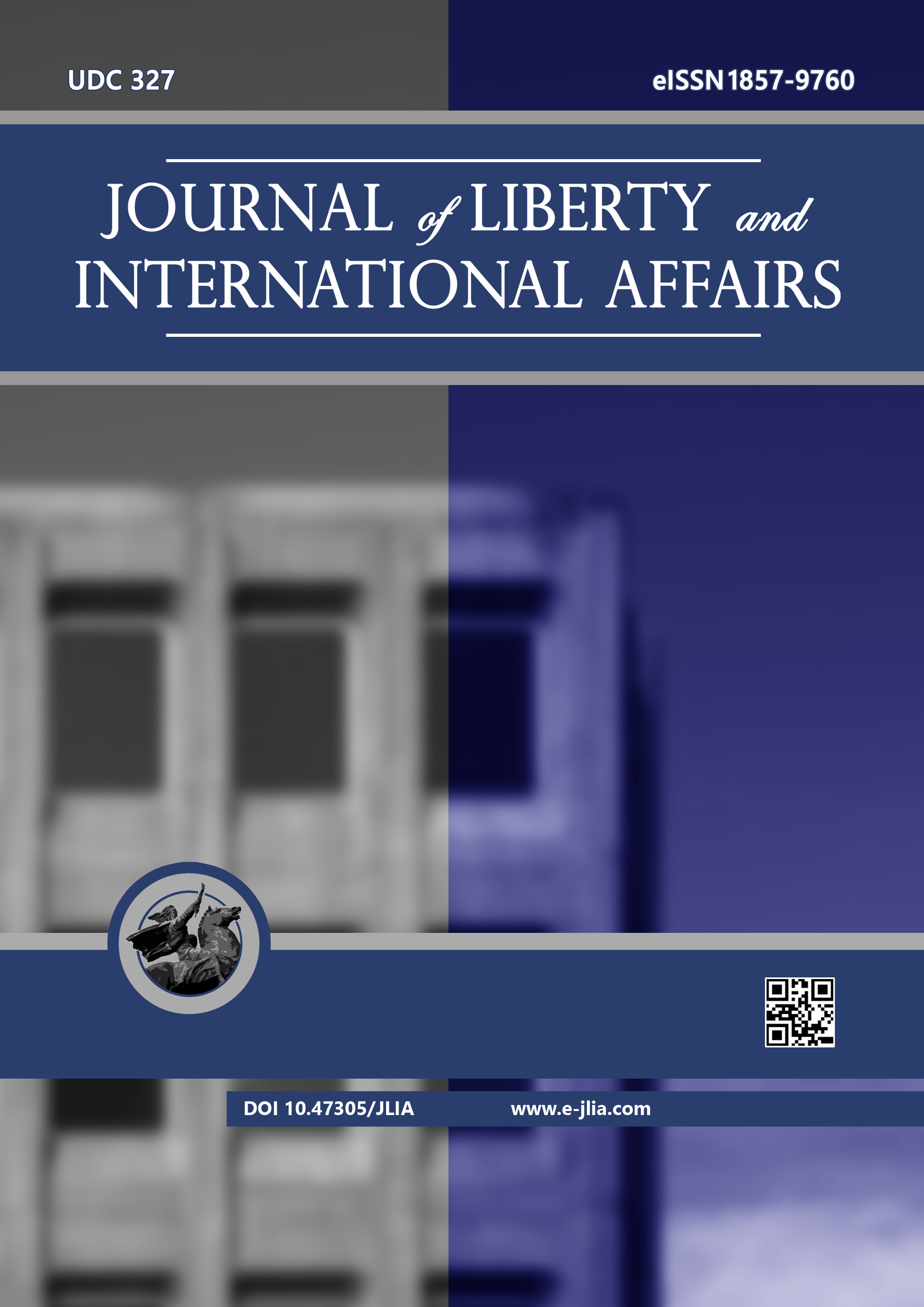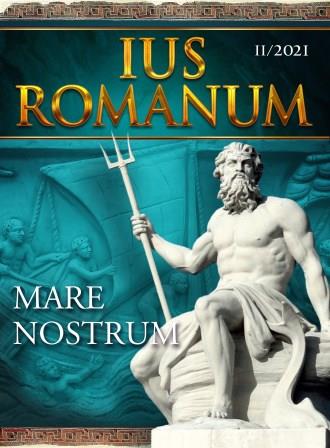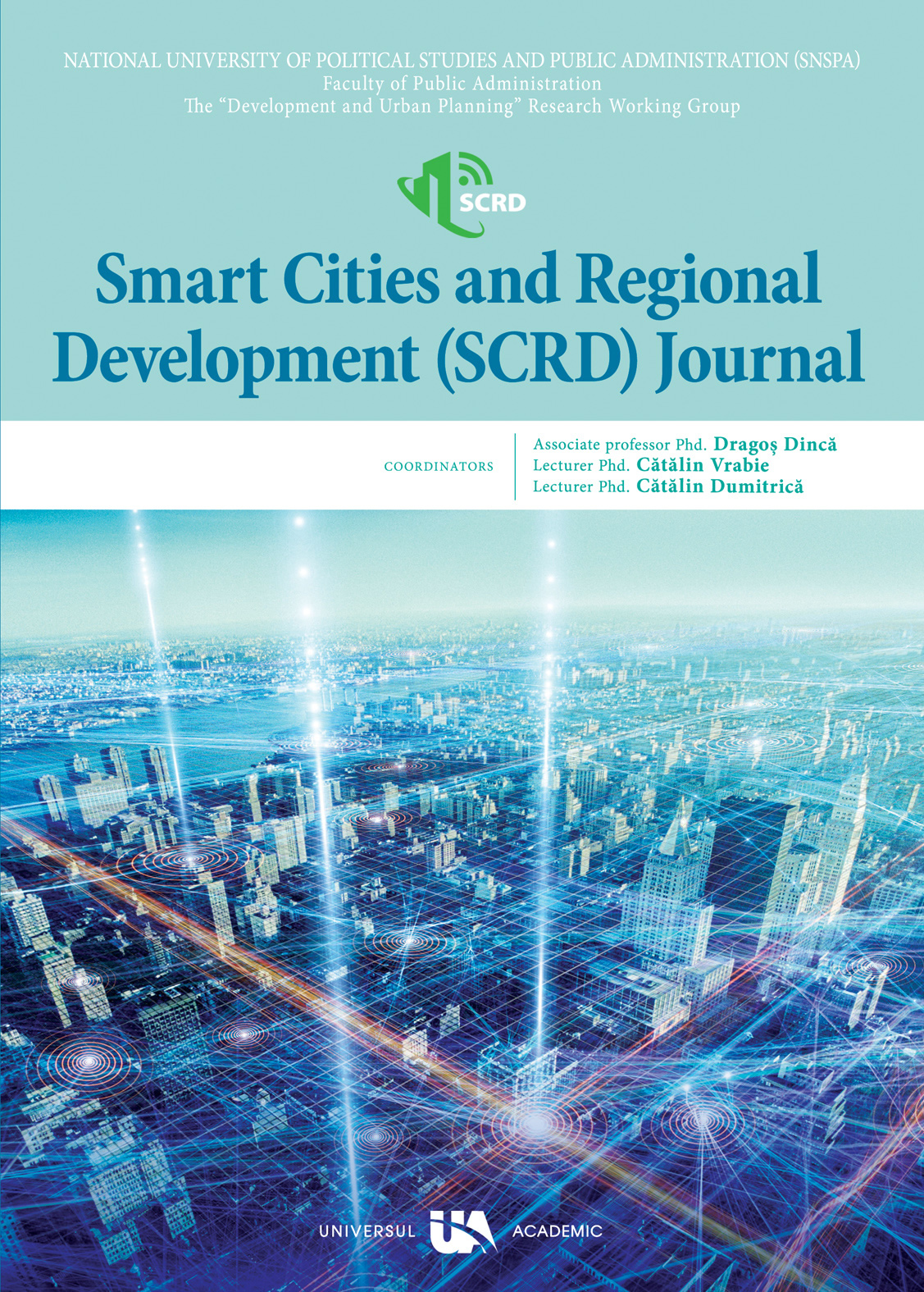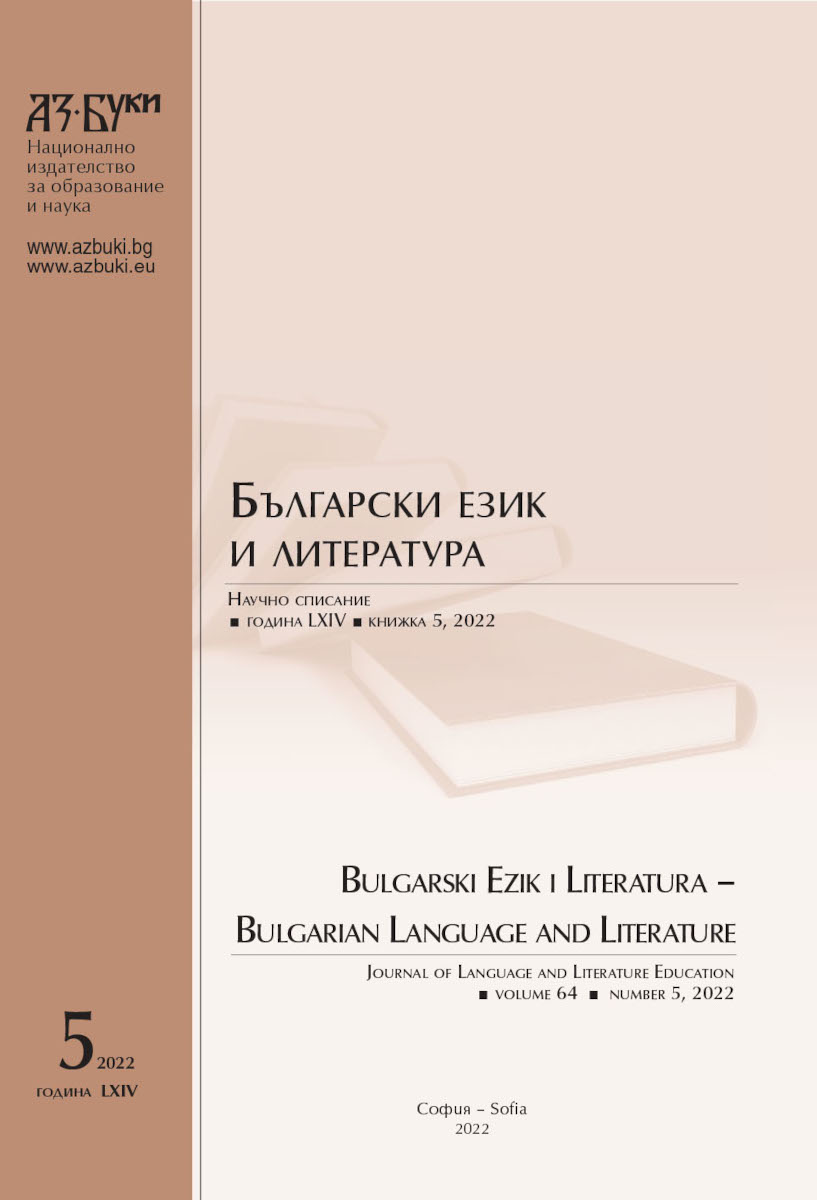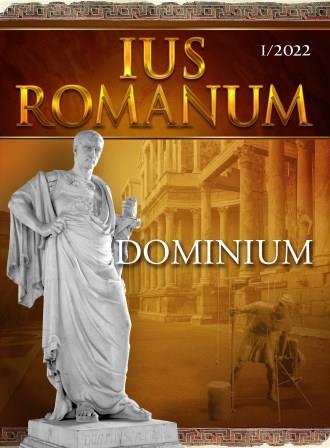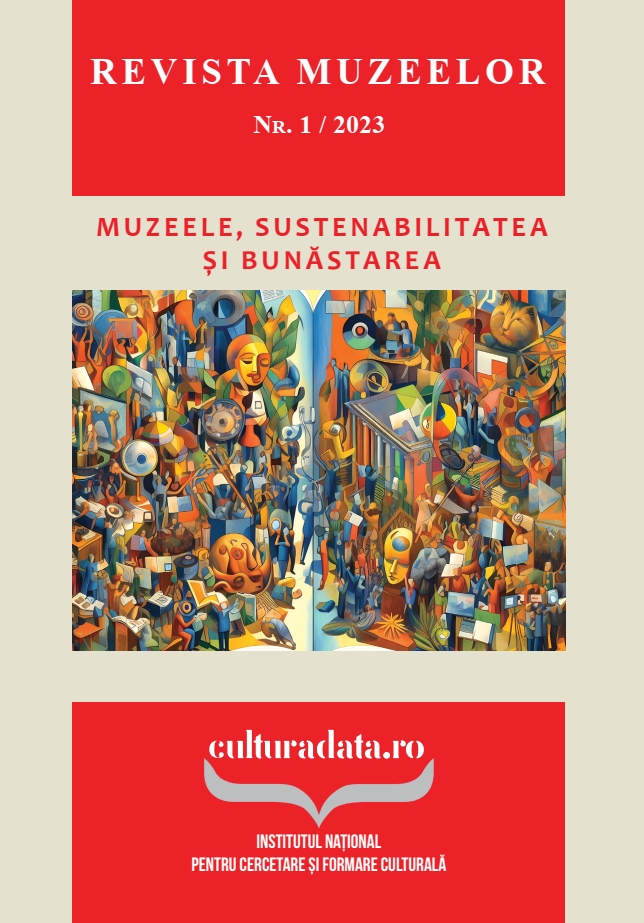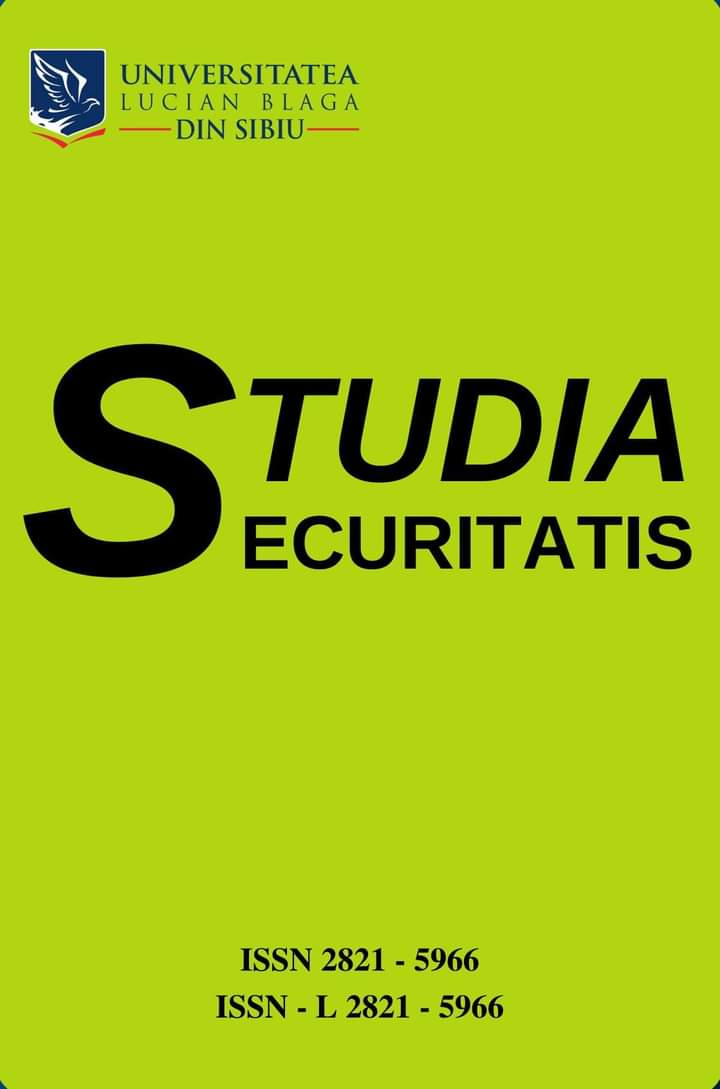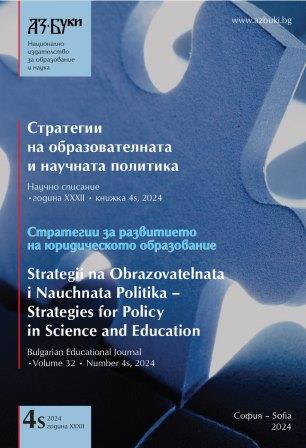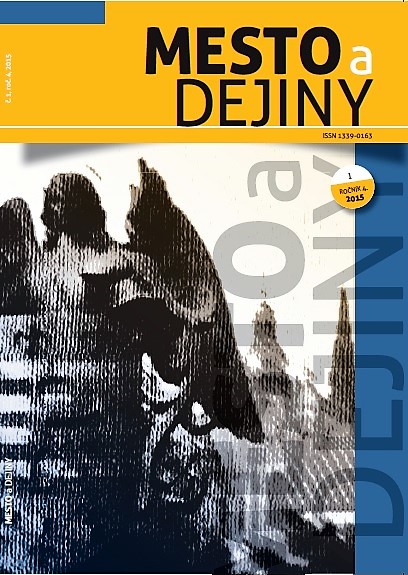
Výpovedná hodnota kremnických testamentov zo 16. storočia
There are testaments from the 16th century preserved in Kremnica state archive. They are written in Latin, German and in one sample also in Slovak language. Last wills prepared a man for a death in spiritual and secular (division of property) way. Testaments eliminated conflict between secular property and desire for an eternal life. Formally testaments consist of several parts – invocation, intitulation, profession of faith, passages about human mortality, composing of the last will and redress of sins, heritages of property, confirmation, corroborating and date formulas. The content of the testaments is an important historical source for economic, law, culture, regional history and also history of material culture and everyday life.
More...
